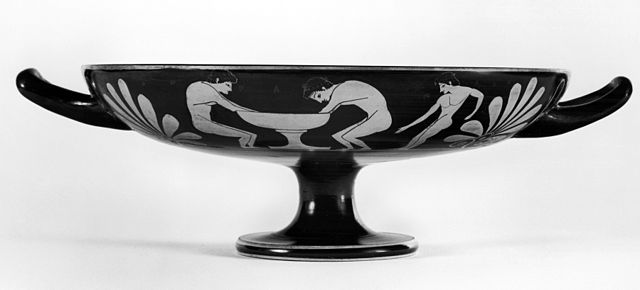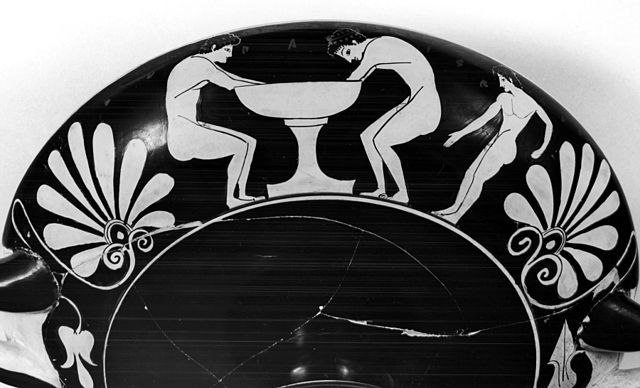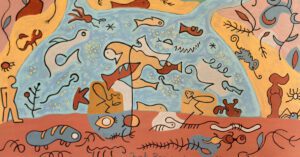
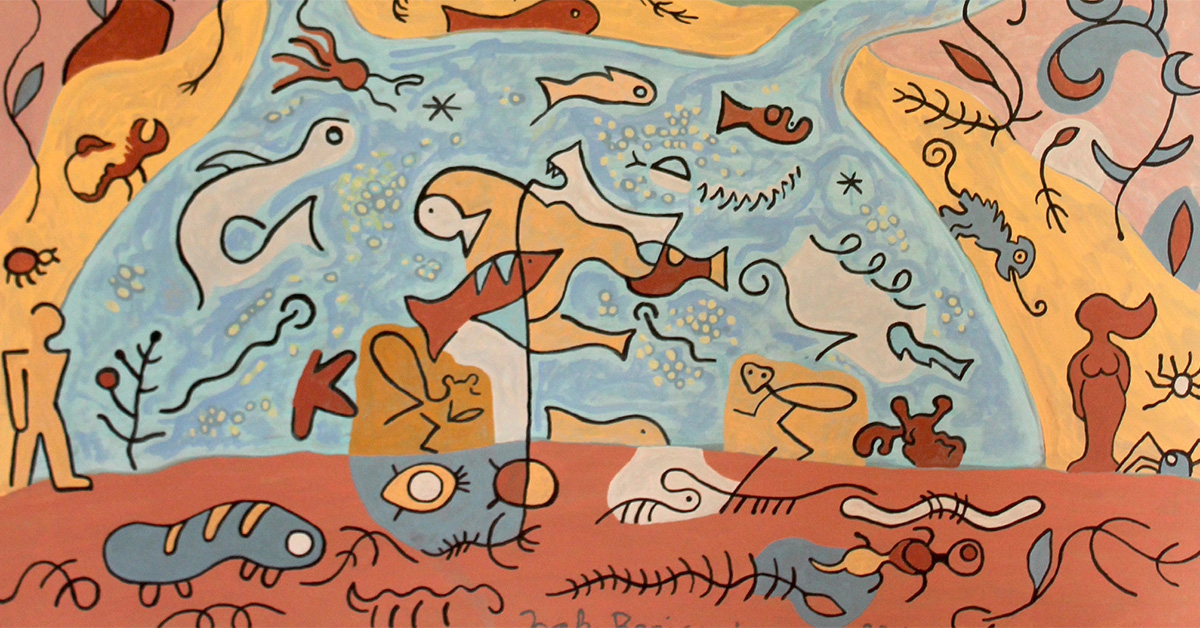
PJ Buys is a former professional ice hockey player with a Master’s degree in Philosophy who now works as a competitive hockey coach in Ontario.
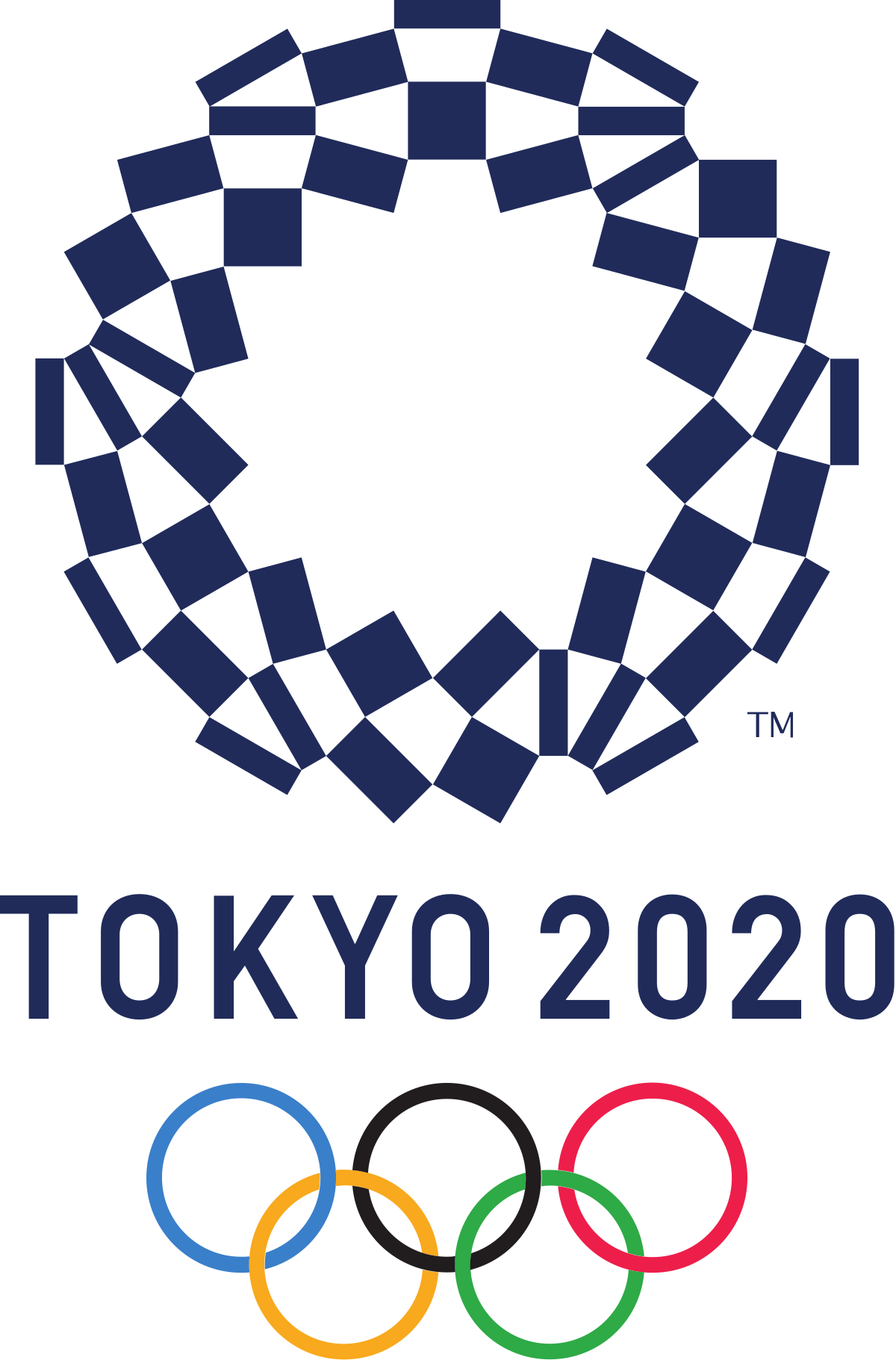
On July 23, the strongest, fastest, toughest, fittest and best athletes from around the world will gather in Tokyo to compete in the XXXII Summer Olympic Games.
The world will soon witness outstanding moments of athletic grace, tears of joy and sorrow, wild, passionate and fey cries that border on derangement from the crowd, feats of extreme courage, daring, bravery, exhaustion, composure, athleticism, skill, determination, and the shedding and giving of blood in pursuit of victory.
Citius, Altius, Fortius!
“Faster, Higher, Stronger!”
So wrote the founder of the modern Olympic Games, Pierre de Coubertine, in the late 19th century as the official motto of the resurrected ancient Olympic Games.
But, as we watch these athletes push their bodies to the absolute limits of physical excellence and pain, as we watch player, coach and country passionately scream encouragement (or threat) from the sidelines till their faces burn red and as we watch athletes give their very heart, soul, body and mind in pursuit of victory, have you ever asked this question:
Why?
Why are these athletes competing?
Why are they sacrificing so much? Why are they doing this? Why are they breaking bones, training seven hours a day for four years, ripping muscle, flesh and sinew in the gym, and giving their entire being in pursuit of the Games?
The modern ethnologist claims humans play sports as a form of exercise to propagate the human species, while the Marxian believes that sports, like religion, operate as an opiate of the people, a facade of entertainment initiated by the bourgeoisie to profit from and quell the ignorant proletariat to their own subjugation to their labour.
There is some value to both the Marxian and ethnological theory of sport, but, in total, both theories of sport from these viewpoints are wrong. No athlete ever wept in the shame of defeat after a championship loss due to an “inefficient amount of exercise,” and, although money is at the heart of sports, many athletes throughout time have competed in the Olympic Games for no money at all.
The reason for sports, the reason why we compete and play, is much, much deeper and more powerful than just exercise, or money. The answer to this question is epic on a biblical proportion, for the Word of God quite amazingly speaks a lot about the reality of sports. The function and power of sports is thoroughly spiritual, and recognizable only to those who “have eyes to see, and ears to hear.”
“Behold, I will utter things hidden since the foundation of the earth!” wrote David in Psalm 78 with reference to Christ, the Messiah and Saviour of the world, who, in his coming, would showcase and reveal knowledge that has been hidden from the sight and minds of man. Let us now, in brief, shed some light on the true function and power of sports in the modern world. To do so, let me first direct our reader to the origins of the Olympic Games: Ancient Greece.
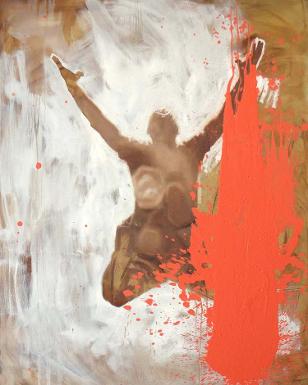
Ancient Greek athletes and citizens lived life with a different philosophical mindset than the modern world. While the modern (Western) code could roughly be characterized as the individual creating their own meaning and purpose in life apart from external pressure/force, the ancients lived life in pursuit of a different question. The question that guided the purpose of life for the ancients was the following:
“How do you overcome death?”
The reality, mystery and confusion of death permeated the ancient mind, including its nature, and, more powerfully than that, how one could overcome the reality of death and live beyond it. In the presence of the shadows and sepulchres of death, the function and purpose of sports was invented.
Sporting events in Ancient Mesopotamia, like the Olympics, were religious rituals that functioned structurally and symbolically as a worship of spiritual energy that was contained within nature. Rituals were events where societies would go to escape the Order and Routine of life in the celebration of Chaos, a spiritual source of energy both metaphysically experienced but also symbolically displayed. Sporting rituals, and festivals where these rituals occurred, like the Olympics, represented mankind’s need for anti-structure and chaos to escape boredom and replenish energy. In fact, the English word sport derives from the archaic English “disport,” which itself comes from the Old French “desporte,” which meant recreation, amusement or pastime. But the French word came from the Latin “des” meaning “down or away” and “porte” which means “to carry.” Therefore, the basic reference to sport is “to carry down from the serious.”
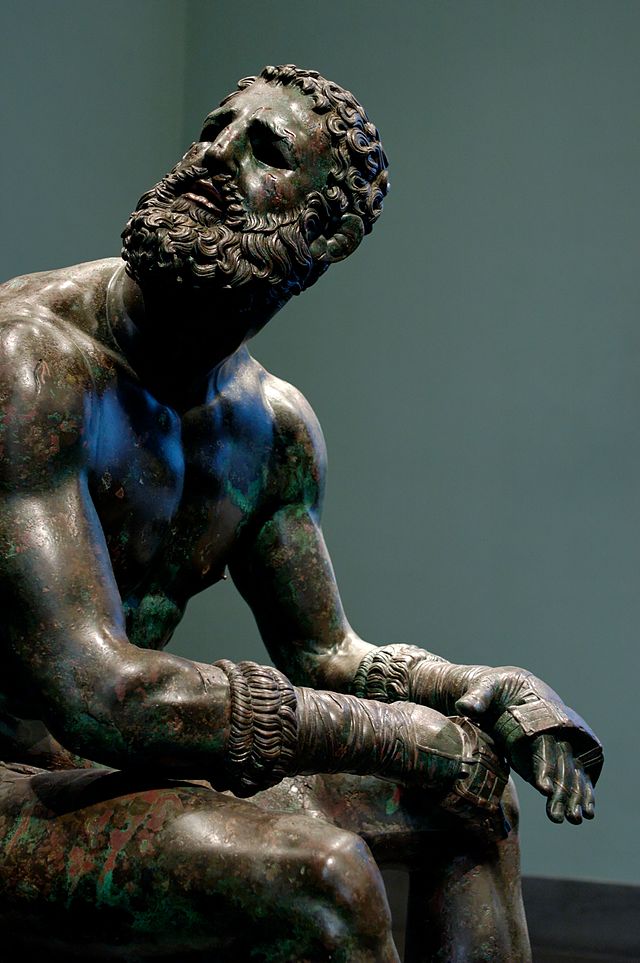
You see, more than anything, more than the fighting, the games, the entertainment, the purpose of a sporting ritual was about something more. The essence of a ritual, a term associated with premodern/primitive thought, is, as Owen Barfield said, that “there stands behind natural phenomena, and on the other side of me, a spirit that is of the same nature as me.” The purpose of the ritual was for the individual to experience losing himself into the collective, and becoming in tune with, or unified with a particular spirit that was “carried down” symbolically and spiritually from nature. This spiritual power was “brought down from above” in and through the sporting ritual, and it had the power to uplift the crowd, vitalize them together in collective oneness, cause the brain neurons to fire and the heart to start pounding. This spiritual power was the reason why the athletes competed, giving their bones, heart, flesh, and quite often, their very lives, often dying in the ancient events in pursuit of this spirit.
For the spirit of the ritual of sport was the way one could overcome death. Through the spirit of the ritual, one could attain eternal life and thus live forever.
What then is this spirit? What is the basis, foundation and spiritual root of sports that gives sports so much power, influence and control over billions of people across this world?
The answer is glory.
As the Greek poets wrote:
“So long as they speak your name, ye shall never die.”
Glory was a concept that captured the heart and imagination of every Greek soldier, athlete, or general citizen, for life was “agathos,” a perpetual striving and battle against existence itself. However, through the conquest of victory, an athlete, and those of his family and clan who supported him/her, could obtain eternal life by the writing down of his name where he would be remembered throughout the annals of time by living in the perpetual memory of humanity. For this reason, the epic hero and champion Achilles in The Iliad is the ultimate symbol of glory. Offered the choice between a life of high social status and wealth, Achilles, the greatest warrior of all time, chooses to fight in the Battle of Troy, seeking death.
“My renown shall be imperishable and long will my life endure, for the doom of death will not come upon me.”
Achilles chose to forgo the momentary peace of life in pursuit of the kleon pantheon; an act of bravery so noble, brave and epic that the poets and gods would speak of it forever.
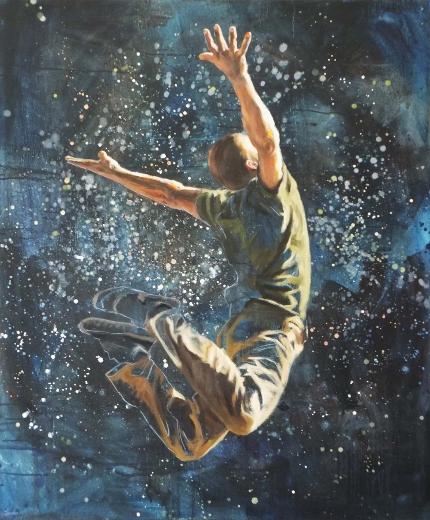
And, what was the final act that would totemize and make an athlete’s glory sacred?
It was sacrifice.
For, the ancient rituals of glory were made final by the act of sacrifice, where the winning athletes would perform the sacrifice of the bull over the altar on one of the seventy-two altars before the great gold and ivory statue of Zeus (one of the seven ancient wonders of the world). The athlete would capture the blood of the animal (thus symbolically being imbued with the spirit of glory by the shedding of blood) into a cup or a bowl, where the cup, now totemized and made sacred by blood, would be a symbol of the athlete being remembered throughout time by the writing down and remembering of one’s name. In fact, for this reason modern trophies in hockey, tennis, soccer and more, remain cups, bowls and plates compared to say, sabres, armour, wheels or other objects of conventional value. Bowls and cups are historical symbols of ancient glory, but just forgotten and lost in the modernization of a secular, spiritless age.
In fact, the athletes would run with torches in their hands, throw the discus and javelin towards the altars and wrestle and box before the altar of glory, all in the hopes that, if victorious, they too would participate in the spirit of glory which would imbue their lives with the meaning found in the eternal life of glory.
The upcoming Tokyo Olympics are celebrations of spiritual energy and the pursuit of glory through victory; a form of glory that gives the athlete eternal life.
However, the Bible always was aware of the power of man-made rituals, and man-made attempts at eternal life. The word that the Bible substitutes for glory is another ancient word; an unknown and often forgotten concept that exists as powerfully today as it did in the ancient world; that word is idolatry.
